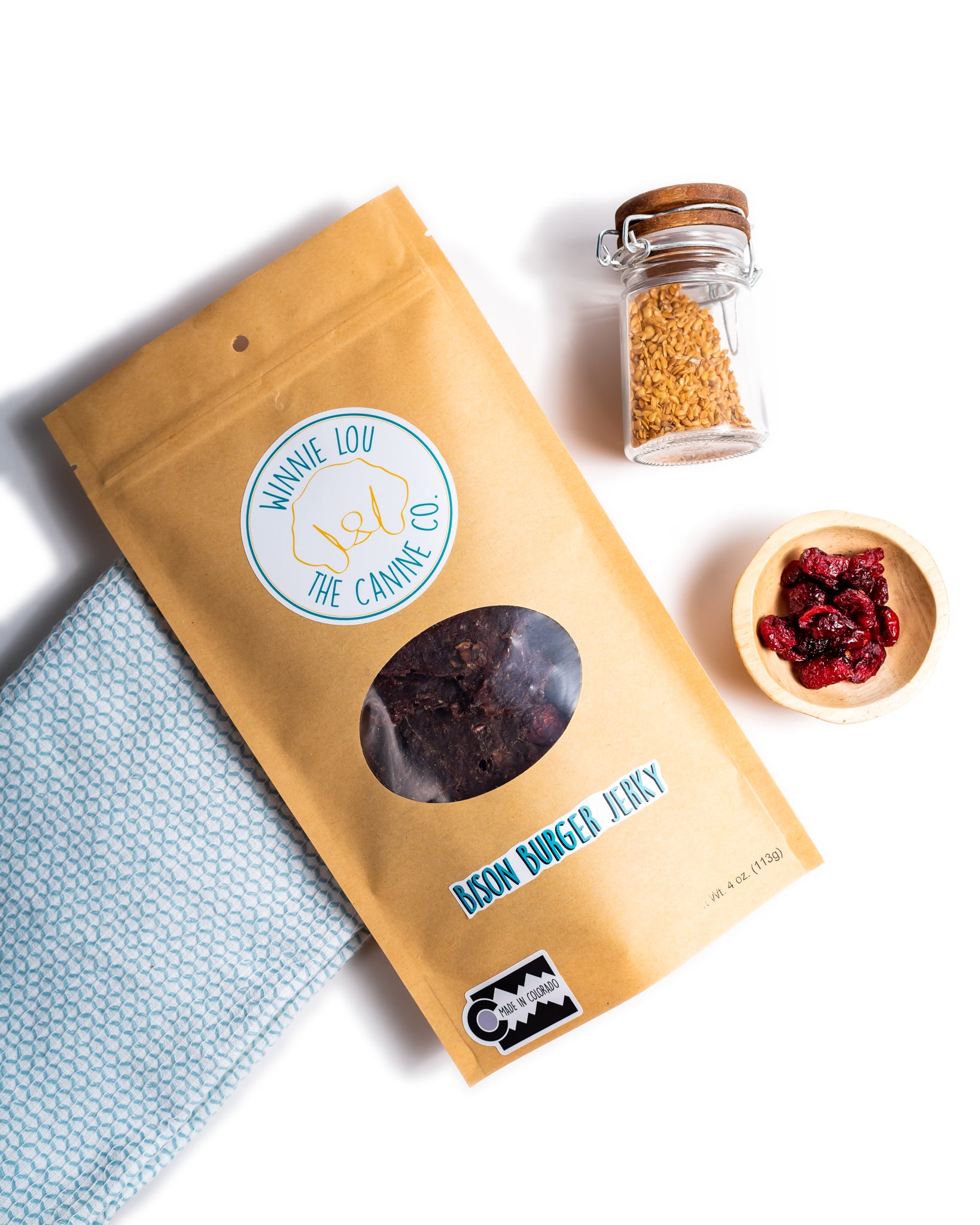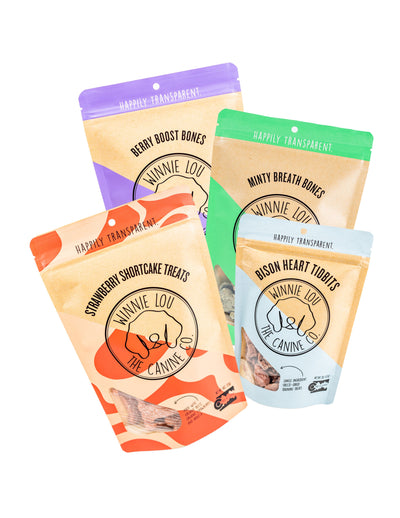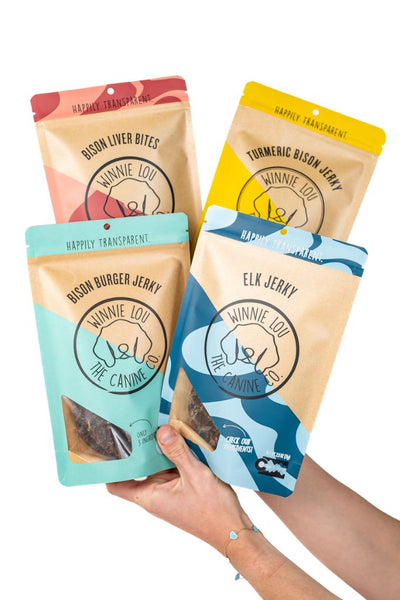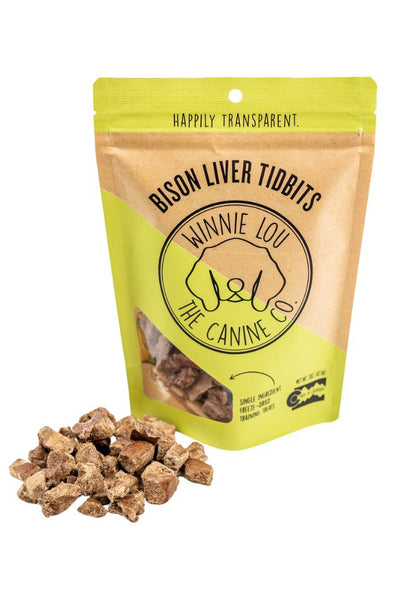

· By Ashlin Cook
The Beauty of Bison
The Beauty of Bison
Bison are a symbol of America, intrinsically woven into the history of our country and exemplifying a classic American ideal - freedom and adventure. Bison is the better red meat any way you slice it (no pun intended). Just as delicious, easier on the arteries, and with a much gentler environmental footprint. This is causing health and eco-focused consumers to turn to this harder-to-come-by protein for their furry family members.

Sustainability
Bison emit methane, but experts argue that their positive environmental impact far offsets their negligible methane output. Bison roam as they eat and aren’t prone to overgrazing. They promote a functional ecosystem by cropping native vegetation, fertilizing native grasses with manure and urine, and stirring seeds into the ground with their hooves as they move.
Noting Artificial
Over time, cattle have become “meat wagons” - meaning they are largely dependent on ranchers for survival and general health. Bison, on the other hand, are native to North America, and since they have naturally adapted to the environment, they are a much heartier animal that thrives with little, if any, assistance.
Another contrast to commercial beef is that bison are much more resistant to disease and rarely require veterinary care or antibiotics. They easily endure extreme climates without need for artificial shelter.
Perhaps the most alluring thing about bison is that is is actually illegal to use growth hormones on bison. The companies who develop drugs for cattle never petitioned the USDA to use them on bison.
Health Benefits as compared to beef
- Fewer calories
- Lower fat content (leaner)
- More iron
- More protein
- Beef is one of the proteins dogs have the most allergic reactions too
- Amino acids
- B vitamins
- Less cholesterol





